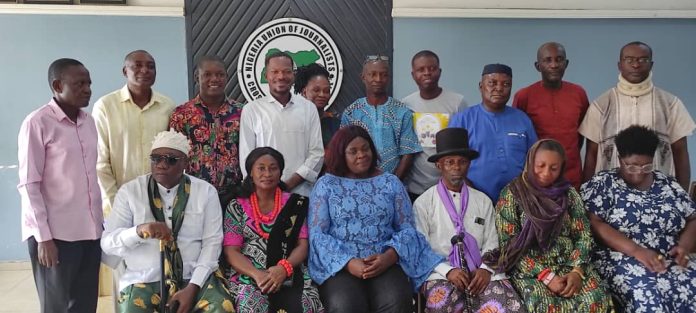Calabar, Nigeria – The Neglected Tropical Diseases (NTD) unit of the Cross River state Ministry of Health has commenced its annual comprehensive school-based deworming exercise aimed at treating soil-transmitted Helminthiasis (STH) and Schistosomiasis (SCH) infections, which are prevalent among children. The treatment campaign is scheduled to take place across 14 Local Government Areas (LGAs) in Cross River State from 24th to 29th April NEGROIDHAVEN can report.
According to Mrs. Veronica Mark, NTD Coordinator for the State Ministry of Health, “During this round of treatment in Cross River State, a total of 623,828 school-aged children will be targeted to receive Mebendazole tablets for the preventive treatment of STH, and 173,000 will be targeted for Schistosomiasis treatment.”
She further emphasized the importance of the deworming program in addressing the health challenges faced by children, stating, “Intestinal worm infections pose a significant health risk to over 1 billion children globally, with Nigeria accounting for a substantial portion of affected school-age children.”
Since 2016, Evidence Action has been providing technical support to the Federal and Cross River State Government (CRSG) in implementing school-based deworming programs, reaching over 600,000 children annually in both public and private schools. According to Toochi Ohaji, Senior Manager at Evidence Action, “Leveraging schools as a distribution point for treatment has proven to be an evidence-based and cost-effective approach.”
The initiative, a collaborative effort between the Neglected Tropical Disease (NTD) program of the Cross River State Ministry of Health, the Ministry of Education, the State Universal Basic Education Board, and the State Primary Healthcare Development Agency, aims to improve access to treatment for at-risk children. Deworming medications are supplied through the World Health Organization’s drug donation program.
Mrs. Veronica Mark urged community members to support the program, emphasizing, “We need the cooperation of parents, teachers, and healthcare workers to ensure the success of this initiative.”










